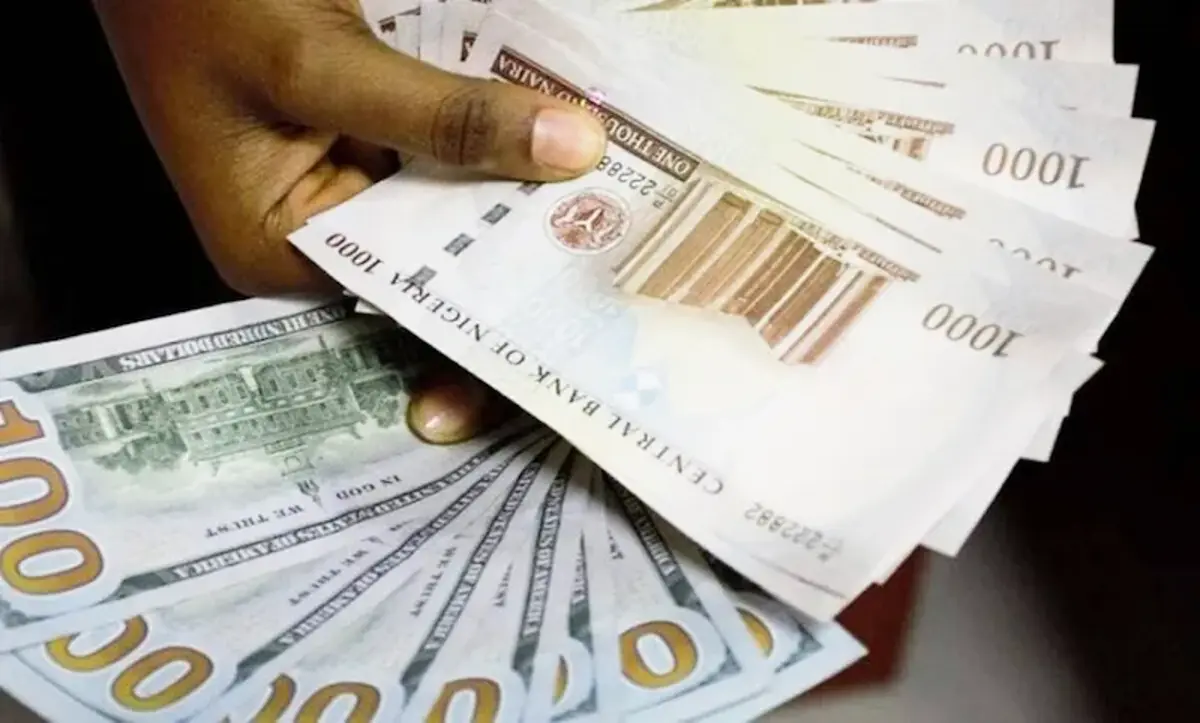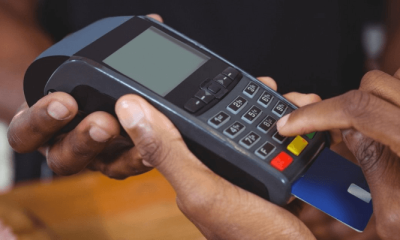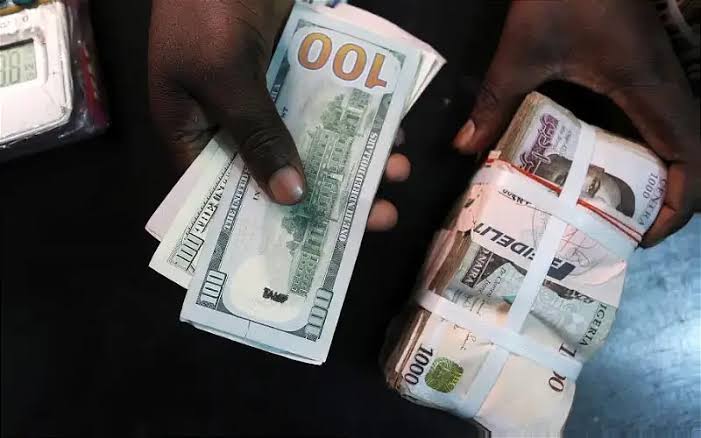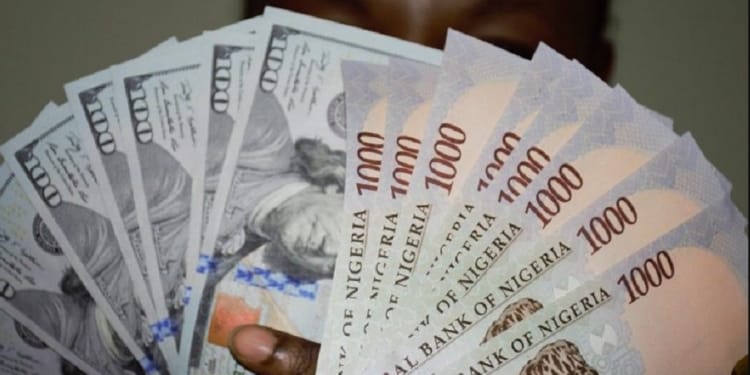Business & Economy
CBN To Banks: Load Redesigned Naira Notes In Your ATMs Or Face Penalties
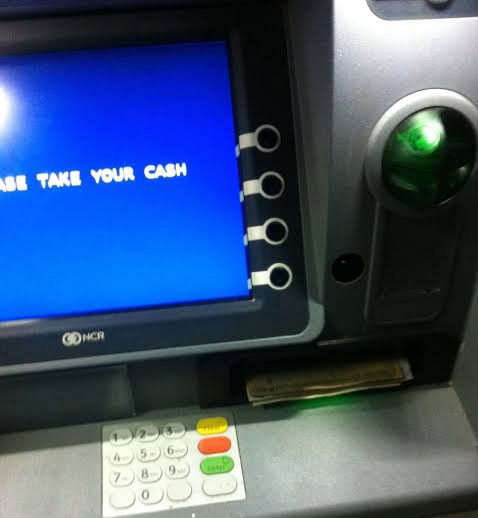
The CBN has threatened to sanction the banks refusing to load the new naira notes in their ATMs.
Eko Hot Blog reports that the Central Bank of Nigeria (CBN) says commercial banks that fail to comply with the directive of loading the redesigned naira notes in their automated teller machines (ATMs) will face penalties.
EDITOR’S PICKS
CBN director, currency operations, Ahmed Umar, made the threat in Abuja on Monday at the training session for state directors of the National Orientation Agency (NOA).
Recall that last week, the apex bank directed banks to halt dispensing the new currency notes over the counter and to only make them available via ATMs.
According to Umar, the CBN directive was aimed at implementing the January 31 deadline for the withdrawal of old naira notes in circulation.
“We want to use this training session to pass a message that CBN has enough currency notes to go round the general public,” he said.
“We, CBN management, have mandated banks to stop putting old notes in their ATM machines. They should only put the new notes.
“And there is a serialisation of the policy that they can put either N500, N1000 or N200 note whichever denomination they have or combination of any of those notes, they should just put a new note in their machines.
“We are going to monitor to ensure that the banks comply and if they don’t, we have a penalty for non-compliance.”
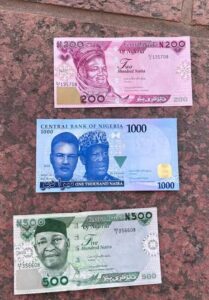
The new naira notes
The CBN chief also noted that, in many countries across the world, it takes a few years to change a currency note design.
“In our own case what we had was basically over 20 years of having the same design of note.
“Over that period, what it did to us was to create an avenue for some people to master the act of counterfeiting the note.
“In our own case, what we have is the minimum of 17 years or more for us to redesign our currency.
“If you notice the N1000 note that was introduced in 2005, it took 17 years for us to redesign it. N500 and N200 notes were also redesigned after 21 years and 22 years respectively.
“So, if currency notes stay too long in the system, there is a tendency that people who counterfeit make a lot of efforts to produce the same notes.
FURTHER READING
“So, that is why there is a need to change our notes regularly,” Umar added.
Click here to watch our video of the week:
Advertise or Publish a Story on EkoHot Blog:
Kindly contact us at [email protected]. Breaking stories should be sent to the above email and substantiated with pictorial evidence.
Citizen journalists will receive a token as data incentive.
Call or Whatsapp: 0803 561 7233, 0703 414 5611


